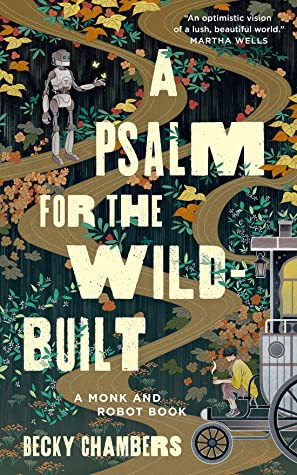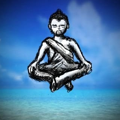benwerd@bookwyrm.social a publié une critique de A Psalm for the Wild-Built par Becky Chambers (Monk & Robot, #1)
Review of 'A Psalm for the Wild-Built' on 'Goodreads'
4 étoiles
“You’re an animal, Sibling Dex. You are not separate or other. You’re an animal. And animals have no purpose. Nothing has a purpose. The world simply is. If you want to do things that are meaningful to others, fine! Good! So do I! But if I wanted to crawl into a cave and watch stalagmites with Frostfrog for the remainder of my days, that would also be both fine and good. You keep asking why your work is not enough, and I don’t know how to answer that, because it is enough to exist in the world and marvel at it. You don’t need to justify that, or earn it. You are allowed to just live. That is all most animals do.”
I tend to read whatever the opposite of cozy science fiction is: angry and worried about the world, building tension from speculative extrapolations of what could go …
“You’re an animal, Sibling Dex. You are not separate or other. You’re an animal. And animals have no purpose. Nothing has a purpose. The world simply is. If you want to do things that are meaningful to others, fine! Good! So do I! But if I wanted to crawl into a cave and watch stalagmites with Frostfrog for the remainder of my days, that would also be both fine and good. You keep asking why your work is not enough, and I don’t know how to answer that, because it is enough to exist in the world and marvel at it. You don’t need to justify that, or earn it. You are allowed to just live. That is all most animals do.”
I tend to read whatever the opposite of cozy science fiction is: angry and worried about the world, building tension from speculative extrapolations of what could go wrong. This, on the other hand, is science fiction that encourages you to just chill for a minute.I don’t know if I could read a lot of this, because I am angry and worried about the world, and reading other peoples’ words along the same lines is cathartic. But the message here — that you don’t need to justify yourself, that you can just be — is soothing, and was necessary for me. And it’s all done with wit and care. What a delightful novella.










